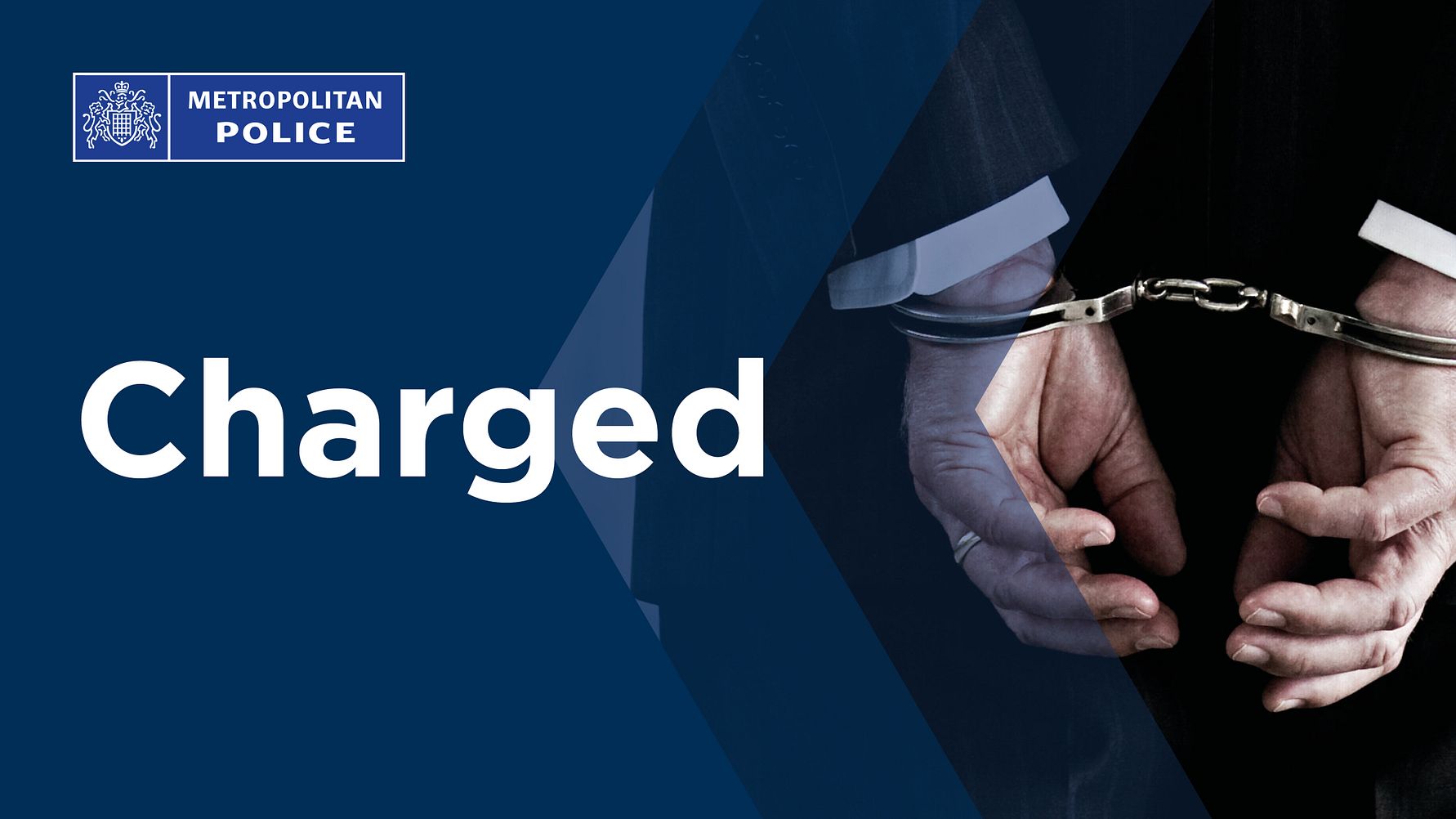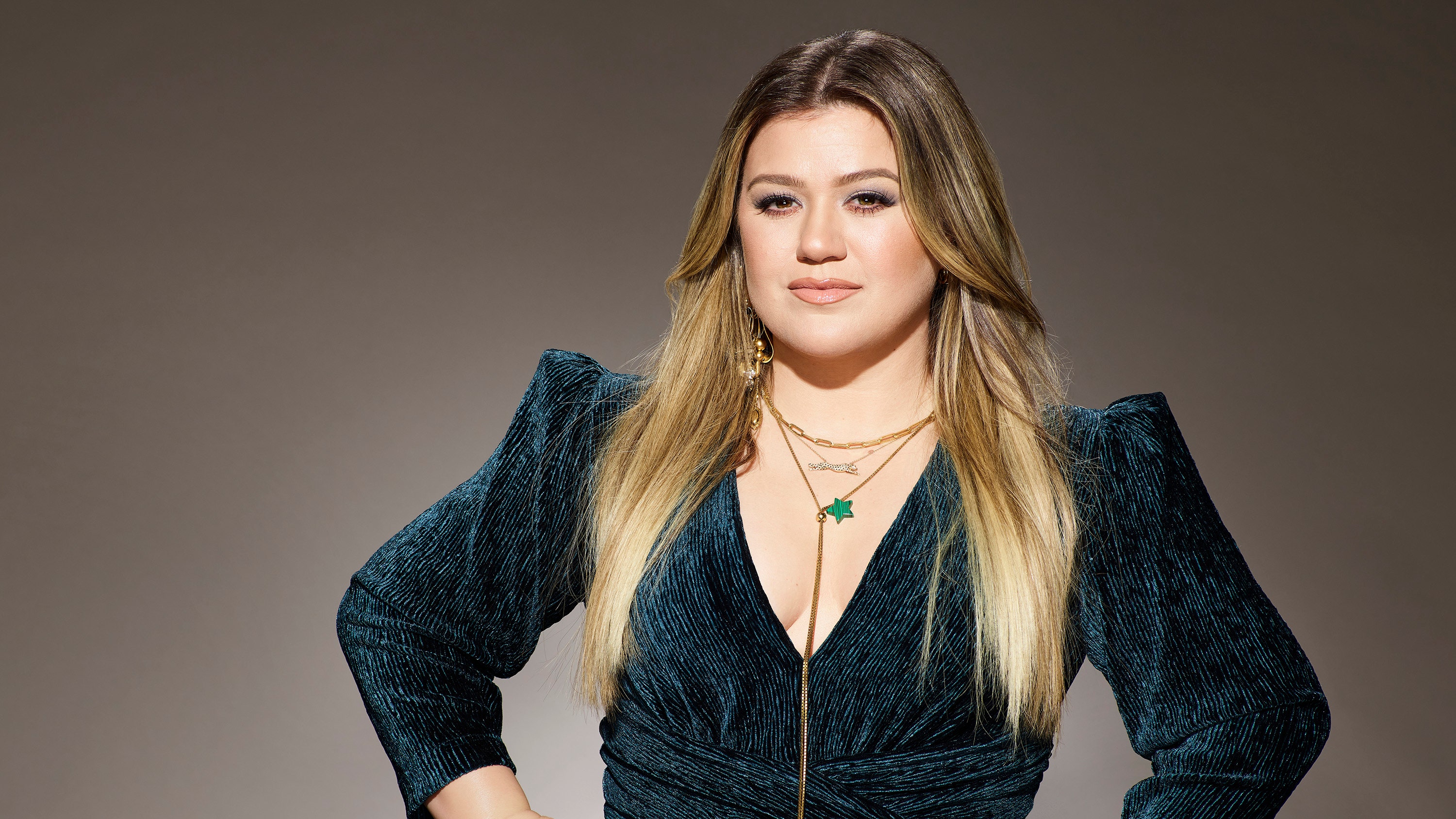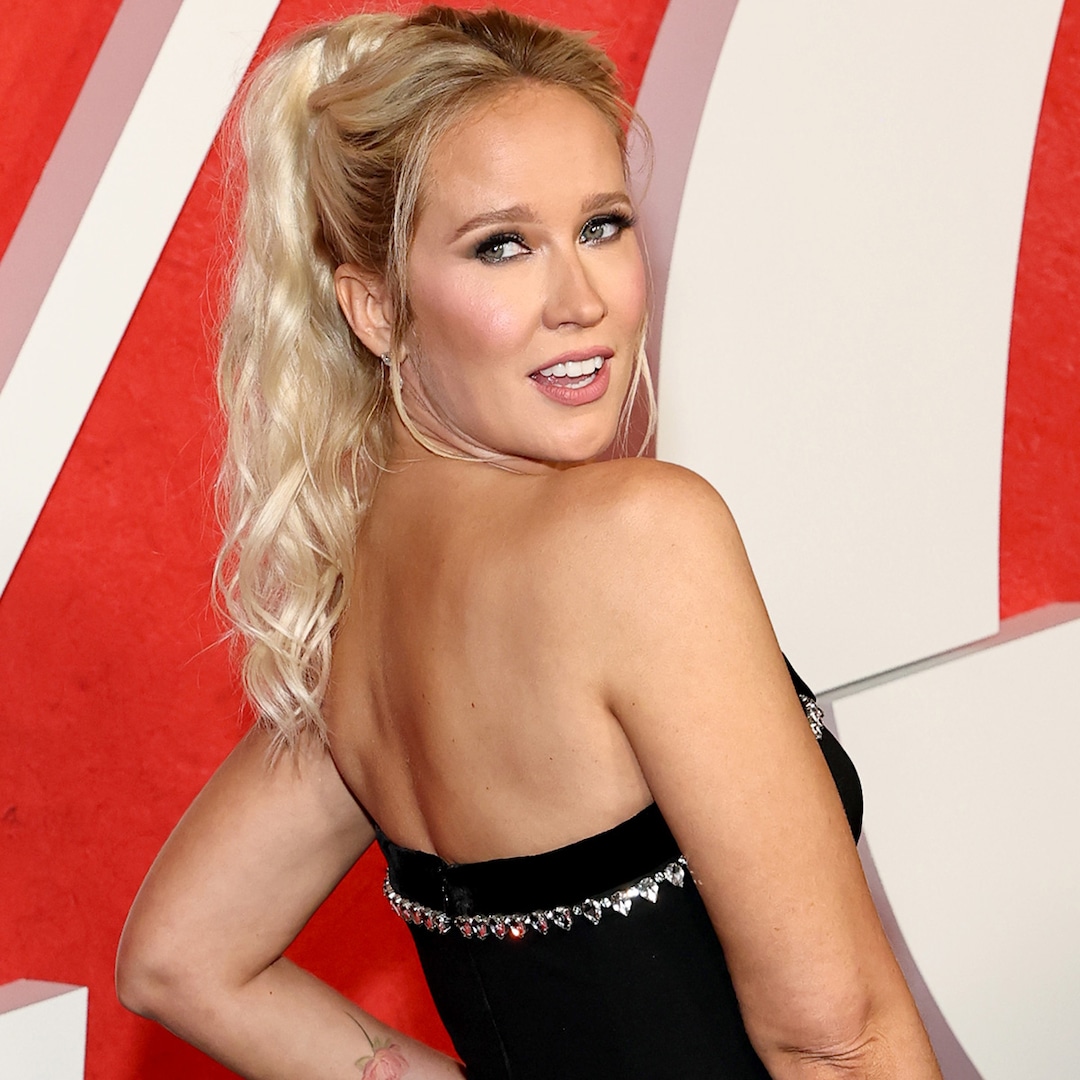What Happened
Olivia Munn, an actress and mother of two, recently faced backlash after revealing in an interview that she does not allow her children to watch Ms. Rachel’s videos, a popular children’s content creator known for her educational programming on YouTube and Netflix. Munn’s comments, made during a cover story with People magazine, sparked a significant online reaction, with many criticizing her stance as “self-centered parenting.” In her remarks, Munn expressed that while she acknowledges the popularity of Ms. Rachel among children, she personally finds children’s shows overwhelming and prefers not to expose her kids to them.
In response to the backlash, Munn took to her Instagram to clarify her comments, emphasizing that her intention was not to undermine the positive impact Ms. Rachel has on many families. She expressed her respect for Ms. Rachel and the passion of her supporters, stating that her remarks were taken out of context and distorted by the media. Ms. Rachel, whose real name is Rachel Griffin Accurso, also addressed the situation on her social media, highlighting her advocacy work for children in war zones and expressing disappointment that her political activism was overshadowed by Munn’s comments.
Key Details
-
Olivia Munn’s Comments: Munn stated she does not let her children, Malcolm (3 years old) and Méi (8 months old), watch Ms. Rachel’s videos because she finds such programming stressful. She mentioned that she has a general aversion to children’s shows, except for “Daniel Tiger’s Neighborhood,” which she considers beneficial for her son.
-
Public Reaction: Munn’s comments went viral, leading to a wave of criticism on social media. Some users described her perspective as selfish, arguing that it disregards the joy and educational value that Ms. Rachel provides to children.
-
Ms. Rachel’s Response: In her Instagram post, Ms. Rachel expressed that she is not offended by Munn’s personal choices regarding her children’s viewing habits but was disappointed that the media focused on this issue rather than her advocacy for children affected by conflict, particularly in Gaza.
-
Munn’s Clarification: Following the backlash, Munn reiterated her respect for Ms. Rachel and the joy she brings to many families, stating her comments were not meant to diminish that impact.
Multiple Perspectives
The situation has elicited varied responses from the public and media. Critics of Munn’s comments argue that her decision reflects a lack of understanding of the importance of children’s programming in fostering language development and emotional growth. Some social media users labeled her comments as “selfish,” suggesting that they could alienate families who benefit from Ms. Rachel’s content.
Conversely, Munn’s supporters may argue that every parent has the right to choose what content is appropriate for their children based on their personal preferences and values. Munn’s clarification on Instagram indicates a desire to foster a constructive dialogue rather than a divisive one, as she acknowledges the positive impact of Ms. Rachel’s work.
Ms. Rachel’s response adds another layer to the discussion, as she emphasizes the importance of focusing on broader issues affecting children globally, rather than getting caught up in celebrity parenting choices. Her advocacy work highlights the need for awareness and action regarding children’s rights and welfare, especially in conflict zones.
Context & Background
Olivia Munn is a well-known actress who has been in the public eye for many years, while Ms. Rachel has gained significant popularity as a children’s entertainer, particularly during the COVID-19 pandemic when many parents turned to online resources for educational content. Ms. Rachel’s videos are designed to aid language development and are widely praised for their engaging and educational approach.
The incident underscores a broader cultural conversation about parenting styles, media consumption for children, and the responsibilities of public figures in discussing such topics. It also reflects the challenges that come with parenting in the public eye, where personal choices can lead to public scrutiny and debate.
What We Don’t Know Yet
While the immediate reactions to Munn’s comments and Ms. Rachel’s advocacy have been documented, there are several uncertainties that remain. It is unclear how this incident may affect Munn’s public image or her relationship with her audience moving forward. Additionally, the long-term impact of Ms. Rachel’s advocacy efforts on children’s issues in conflict zones remains to be seen, as does the potential for further discussions on the role of children’s programming in family dynamics.
Furthermore, the conversation surrounding parenting choices and the influence of media on child development is ongoing, and it may evolve as more parents share their perspectives and experiences. The implications of this incident could lead to broader discussions about the responsibilities of content creators and the expectations placed on parents in the digital age.




